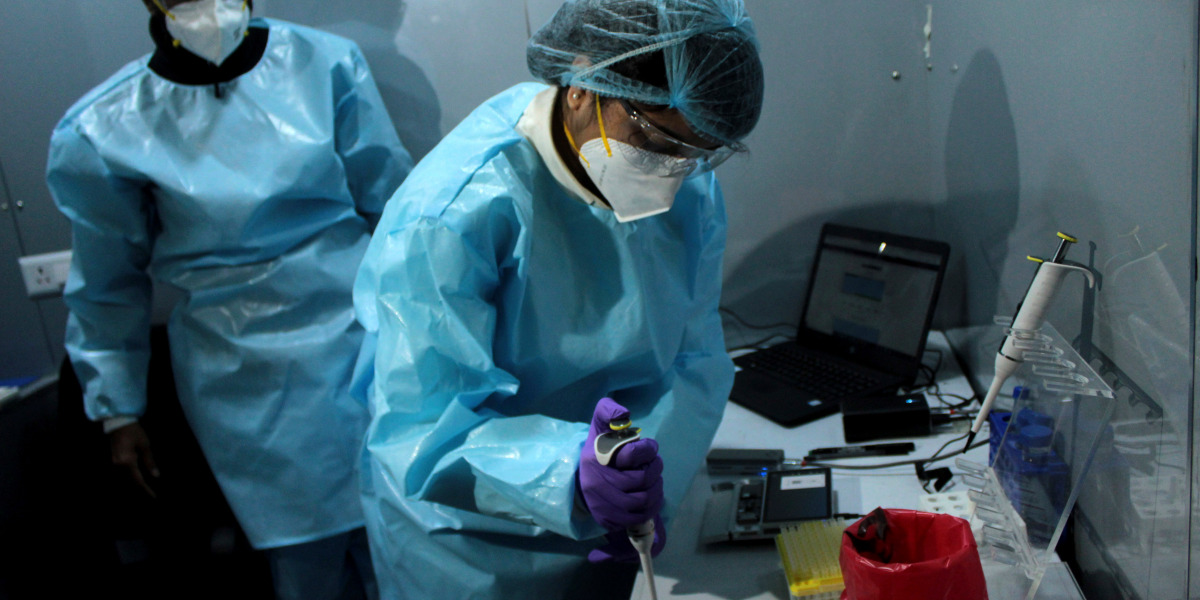[ad_1]
Meanwhile, the name “delta” comes from the WHO system, which is designed to simplify genomics for the general public. He gives names to related covid samples if he thinks they might be of particular interest. There are currently eight families with Greek letters, but until there is evidence that the new identity of the first delta strain acts differently from its parents, WHO considers them all delta forms.
Delta Plus uses the WHO designation and mixes it with information on the origin of Pango. This does not mean that the virus is more dangerous or more worrying.
“People are very anxious when they see the new name Pango. But don’t be discouraged by the discovery of new options. We constantly see new options emerge without any other behavior, ”says Brito. “If we have evidence that the new line is more dangerous, the WHO will give it a new name.”
Tracking evolution
“For a genomics scientist like me, I want to know what kind of variation we’re seeing,” says Kelsey Florek, senior genomics and data scientist at the Wisconsin Public Health Laboratory. “It doesn’t really matter to the general public. Putting them all in the delta category is enough to communicate with politicians, public health and the public. “
Essentially, viral evolution works just like any other species. As the virus spreads through the body, it copies itself, often with minor errors and modifications. Most of them are dead ends, but sometimes the erroneous copy is copied inside a person enough to propagate to someone else.
This week, scientists split the delta’s “children” into 12 families to better track small-scale local changes. All of this does not mean that the virus itself has suddenly changed.
As the virus spreads from person to person, it accumulates these small changes, allowing scientists to trace patterns of transmission – much like we can look at human genomes and determine which people are related. But in the case of the virus, most of these genetic changes do not affect how it actually affects people and communities.
Genomists still need a way to track this viral evolution, both for basic science and to detect any changes in behavior as early as possible. This is why they keep a close eye on delta patterns, especially as it spreads so quickly. The Pango team continues to break down the descendants of the first delta line, B.1.617.2, into subcategories of related cases.
Until recently, he himself registered 617.2 plus three “children” called AY.1, AY.2 and AY.3. This week, the team decided to split these children into 12 families to better track small-scale local changes – hence just 13 delta variants. All of this does not mean that the virus itself has suddenly changed.
“Especially in the periphery, with these options emerging, you are cutting your hair,” says Duncan McCannell, chief scientist for the CDC’s Office of Advanced Molecular Diagnostics. “Depending on how these definitions are created and refined, hair can split in different ways.”
What’s important to the public?
It is worth noting that not all variants with WHO nicknames are equally bad. When an organization names a new family, it also adds a label that tells us how worried we should be.
The lowest level is option of interest, which means that it is worth looking after; in the middle worry optionas well as delta, which has clearly become more dangerous. Often options of interest are given this label because they share a mutation with the options of concern — they are being watched.
[ad_2]
Source link



